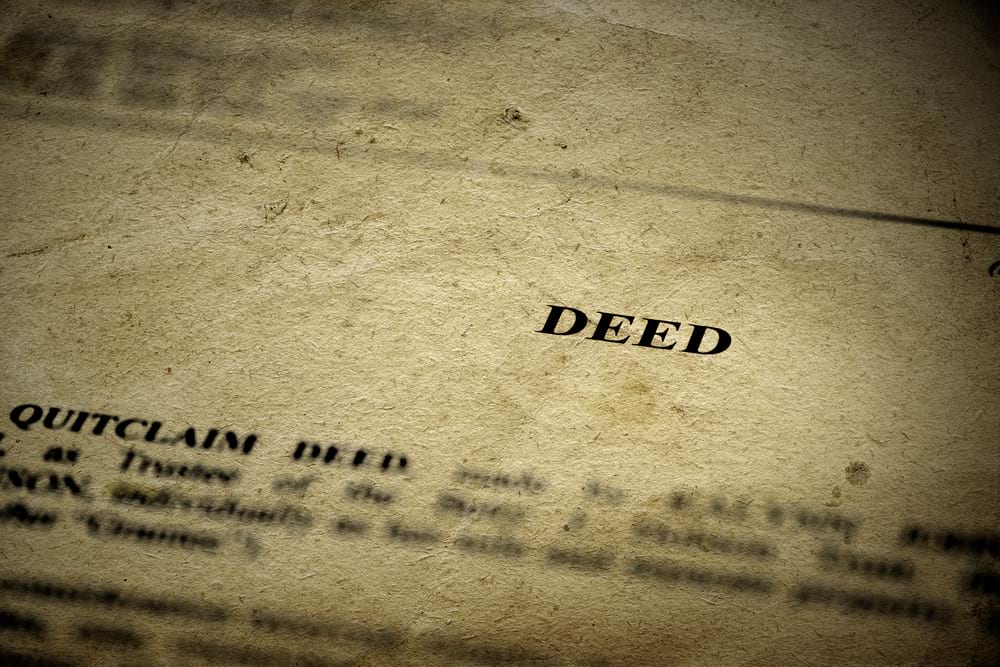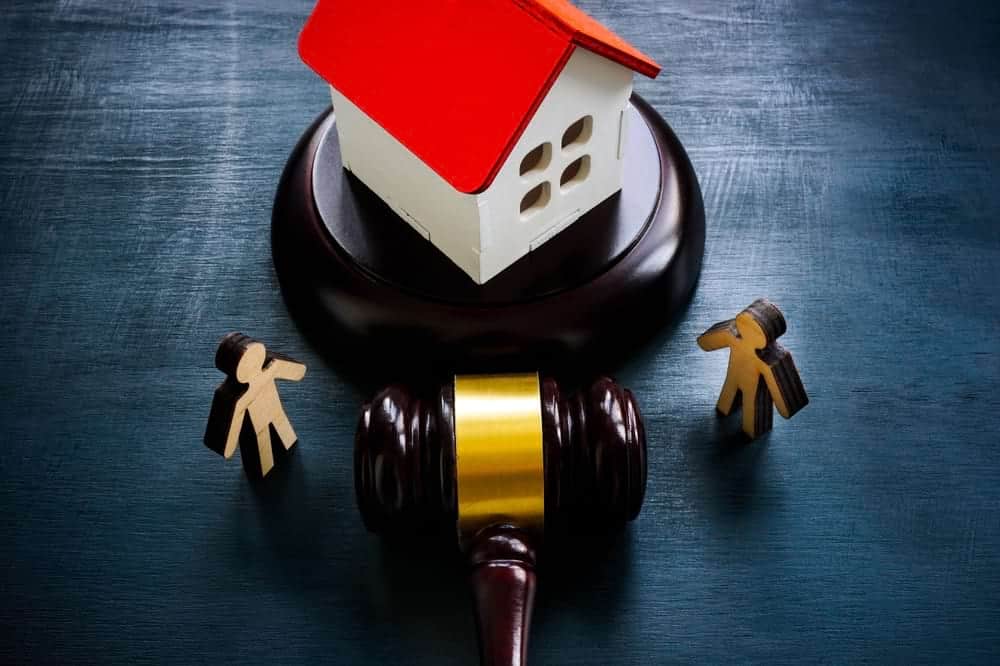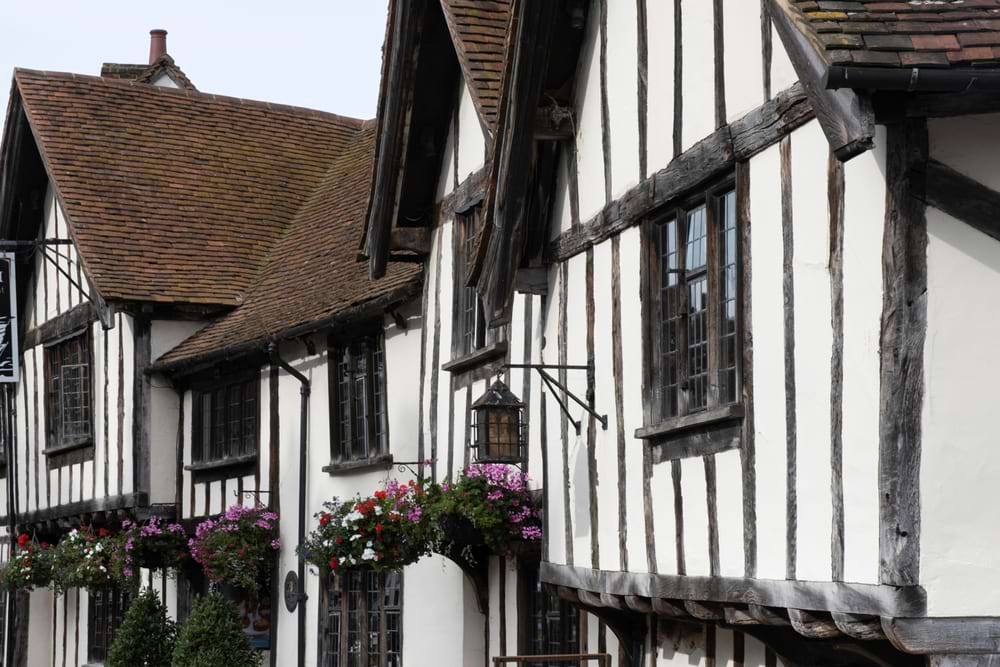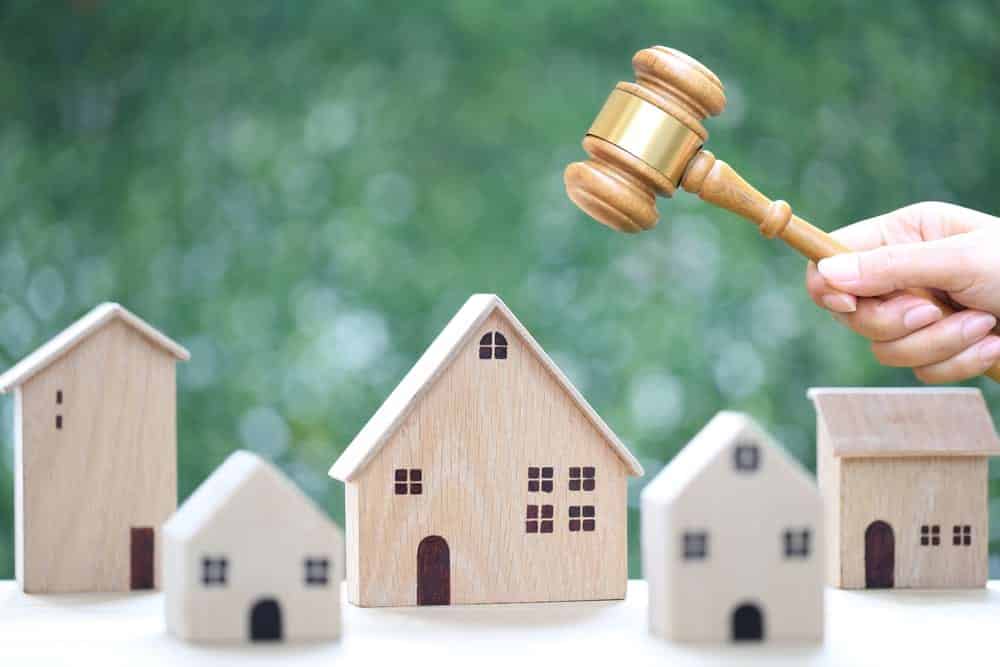Information on the owner of almost any property in the UK is part of the public record.
But where can you find it? Do you need to pay to discover this information? Can it be kept out of the public record?
Read on to find out.
How to find the owner of any property in the UK
The UK Land Registry is the place to go if you want to find the owner of any property in England and Wales. It has tens of millions of property ownership records.
You will need to know the postcode of any property you want to know about.
Title deeds
On this website, you can view the title deeds. These are a group of documents that record important details about a property and its ownership.
They include three main components:
1. Property summary
- A property description
- The type of ownership (freehold, leasehold, commonhold, etc.)
- Information on restrictive covenants (a legally binding agreement that imposes limitations or obligations)
- Information on easements (rights not directly related to the owner, such as right of way or utility access)
2. Title register
- Who the property belongs to
- Its most recent purchase price
- Information on the property’s mortgage (or lack thereof)
And more.
3. Title plan
This is information on a property’s location and boundaries.
Do I need to pay to find out the owner of a property?
Yes, this information is available in the title register of property deeds, which cost £3.
It costs another £3 for the title plan of a property, but the property summary is free to view online.
What happens if a company owns the property?
The UK government releases a data set of companies in England and Wales that own property in either country.
The title deeds should also list whether a company owns a house (for example, as a buy-to-let).
Is it the same in Wales, Scotland and Northern Ireland?
The Land Registry covers all properties in England and Wales.
Scotland and Northern Ireland have their own specific registers. The cost and process of finding out this information may vary.
Are you allowed to keep your property ownership out of the public record?
When you purchase a property, your name goes on the title deeds, which becomes part of the public record.
If a property is not listed in the land registry, it is usually due to a clerical error/omission or because it was last bought before 1993 (when the records went live).
Reasons for looking up the owner of a property
You may want to find out who owns a property in the UK for several reasons.
1. If you are considering buying the house
A clear record of a property’s sale history makes purchasing it easier.
You can see how much the property has been sold for in the past few decades. This can help you decide more about its actual value today.
2. Historical investigations
You may want to learn more about the history of properties in your area. For example, when a property was built.
Family history investigations
Some people seek out this information when they are tracing their family tree.
For instance, if your family has lived in the same house for a long time, it may be interesting to know how far back it goes.
Remember, though, that Land Registry details only go back to 1993.
How to find out who owns the land a property is on
The UK government has an accessible database of the country’s landowners.
This information has been held since 1993. It should also include details on the land’s boundaries and any transaction history over the past three decades.
How to find out the freeholder of a block of flats
A freeholder is a party (individual or company) that owns a property and the land it is situated on.
You can use the Land Registry to find out who is the registered freeholder of a building. This information is listed on the title register.
Can you find out who is letting a property?
Details about who is letting a property are not publicly available in the UK. This information is considered private and therefore protected by data privacy laws.
If you need to know who is letting a house, you should seek guidance from a solicitor.
Can you sell a house without the deeds?
Yes, you can sell a house without the title deeds.
However, it will undoubtedly complicate the transaction. Solicitors must navigate this lack of information to follow all procedures and legal requirements.
Ideally, you will get all the necessary paperwork for selling your property before you list your property on the market and find a buyer.
It would help to inform your solicitor of your lack of title deeds as early as possible. Otherwise, there may be a delay in your property chain.
How to find out how much a property is worth
There are several ways to discover this information.
Land Registry
Firstly, the Land Registry and Zoopla hold details on the selling price of most properties properties.
Remember that using the Land Registry rarely gives an accurate insight into a property’s current price.
It does not factor in market conditions, extensions, renovations, etc., carried out to the house.
And if the most recent sale was in the 1990s or early 2000s, extrapolating the modern-day price from this can be challenging.
Estate agents
If it’s your own property, you can also contact an estate agent who can give a valuation.
Many estate agent companies offer valuations for free. They do this to win business from house sellers later on.
Independent valuers
Alternatively, you could use an independent valuer. They may offer a highly accurate and unbiased perspective, but they will charge for it.
Selling your house as quickly as possible
If you want to offload your property as quickly as possible, selling We Buy Any Home is an excellent option – we can buy your house for cash.
You can receive the funds in your account within 7 days and sell the house in any condition.
Get in touch today for a free, no-obligation valuation.



















